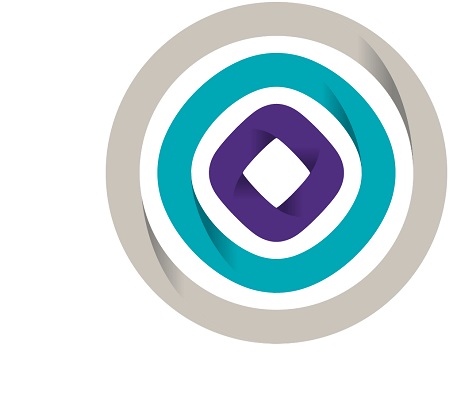- Algeria introduced the first regulatory provisions regarding transfer pricing through the Complementary Finance Law of 2010, which required related companies to justify their transfer pricing policies.
- In 2020, the Order of November 17 established the distinction between initial and additional documentation, which had to be submitted during tax audits.
- The Amending Finance Law of 2023 introduced significant changes. These amendments redefined the concept of company dependency and the conditions for submitting TP documentation.
- The Complementary Finance Law for 2023 repealed the obligation to submit the initial documentation to the tax administration with a mandatory annual electronic TP declaration, which must be submitted online following a standardized format set by the tax administration within the same deadline for the annual tax return (April 30th).
- The complete documentation, including both local and master file, should be ready in the event of a tax audit.
- The Order of February 15th, 2024, specified the content of TP documentation, marking Algeria's full transition to digital transfer pricing compliance.
- From 2023 FY, the TP obligation applies to dependent or controlled companies that:
- have an annual turnover or gross assets greater than or equal to one billion dinars (1,000,000,000 DZD) or
- hold, at the end of the financial year, directly or through an intermediary, more than 50% of the share capital or more than 40% of the voting rights of a company established in Algeria or outside Algeria, for which the annual turnover, excluding taxes, or gross assets are greater than or equal to one billion dinars (1,000,000,000 DZD), or
- have more than 50% of the share capital or more than 40% of the voting rights held, at the end of the financial year, directly or through an intermediary, by a company whose annual turnover, excluding taxes, or gross assets are greater than or equal to one billion dinars (1,000,000,000 DZD).
- Dependence or control is deemed to exist between two companies:
- when one holds, directly or through an intermediary, more than 50% of the share capital or more than 40% of the voting rights of the other, or in fact exercises decision-making power, or
- when both are, under the conditions defined in paragraph a), under the control of the same company or the same person.
- The condition of dependence or control does not apply when the transfer is carried out with companies established in a state or territory located outside Algeria, whose tax regime is considered 'privileged'.
- Companies are considered subject to a preferential (privileged) tax regime in a state or territory if they are not liable to tax in this state or if they are subject to income tax at a rate less than 40% of the income tax that would have been applicable under the conditions of common law, had the person been domiciled or established in Algeria.
According to this definition, these preferential tax rates are:
-
- 15.6% for the activity of providing services or purchase resale.
- 11.4% for production of goods.
- 12.6% for construction, public works and hydraulics activities as well as tourism and spa activities.
































